
Eating prunes daily can reduce bone loss in older women, limiting postmenopausal osteoporosis.
Dried plums are rich in fiber, minerals such as potassium, iron, calcium, vitamins, and protein, providing many health benefits, including bones, muscles, and kidneys. 100 grams of dried plums contain 732 mg of potassium, more than 7 grams of fiber, 39 mcg of vitamin A, 2 grams of protein, and about 31 grams of water.
A 2016 study by San Diego State University in the US found that 48 postmenopausal women with osteoporosis who ate about 50 grams (5-6 prunes) of dried plums every day for 6 months had higher bone mineral density than the group that did not eat this food.
According to researchers, daily consumption of prunes can prevent bone loss in older women, postmenopausal osteoporosis. This benefit is due to the ability to inhibit bone resorption while maintaining bone formation.
A 2017 meta-analysis by Florida State University, USA and several other organizations, based on 76 studies on more than 100 people, also showed that regular consumption of prunes helps prevent and reverse bone loss in postmenopausal osteoporosis women.
Prunes are most effective in preventing bone loss in the ulna and lumbar spine. The ulna and vertebrae contain more cancellous bone than other sites, such as the femur (which contains more cortical bone). Bone turnover is greater in cancellous bone than in cortical bone. Consuming prunes slows the rate of bone turnover. Therefore, its effect on reducing bone loss is more pronounced in sites with cancellous bone.
According to a 2017 review by George Mason University, USA, based on 24 studies, dried plums can fight bone loss and reduce osteoporosis. It is also effective in maintaining good bone density.
The study authors suggest that prunes' high vitamin K content may help balance calcium, which is one reason they may improve bone health.
Prunes are a good source of vitamin K and potassium, and are also a good source of boron. According to the National Institutes of Health, potassium helps with kidney and muscle function. The trace mineral boron aids in the metabolism of calcium, magnesium, and vitamin D5. These nutrients play an important role in bone growth and maintenance.
Bones, nails, and hair contain higher levels of boron than other tissues in the body. Boron supplementation has been shown to reduce inflammation in people with rheumatoid arthritis, improve bone health, and improve athletic performance.
The compounds in plums, sorbitol and fiber, can stimulate bowel movements, causing digestive problems in some people. If you are not used to a high-fiber diet or consuming prunes, increase your intake slowly and drink plenty of water when you eat them. For example, eat two plums a day for three days, then increase to four plums a day for the next four days.
Mai Cat
(According to Everyday Health, Very Well Health, Medical News Today )
| Readers send questions about musculoskeletal diseases here for doctors to answer |
Source link







![[Photo] Visiting Cu Chi Tunnels - a heroic underground feat](https://vstatic.vietnam.vn/vietnam/resource/IMAGE/2025/4/8/06cb489403514b878768dd7262daba0b)




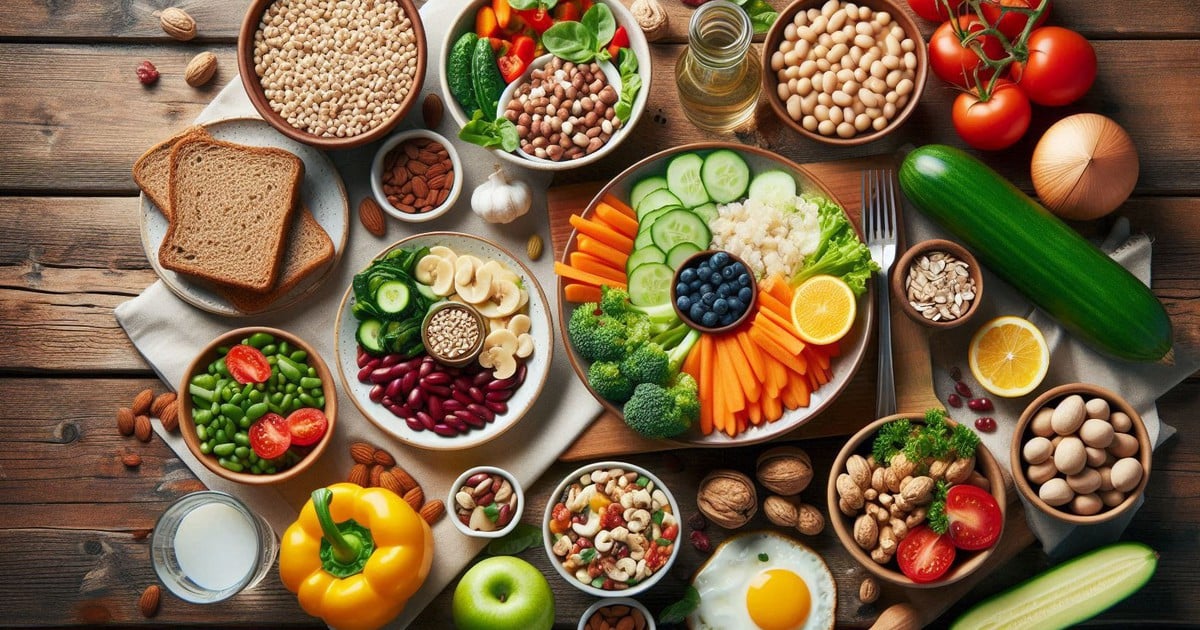

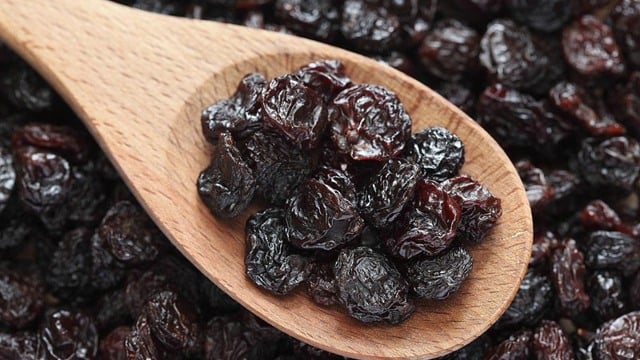

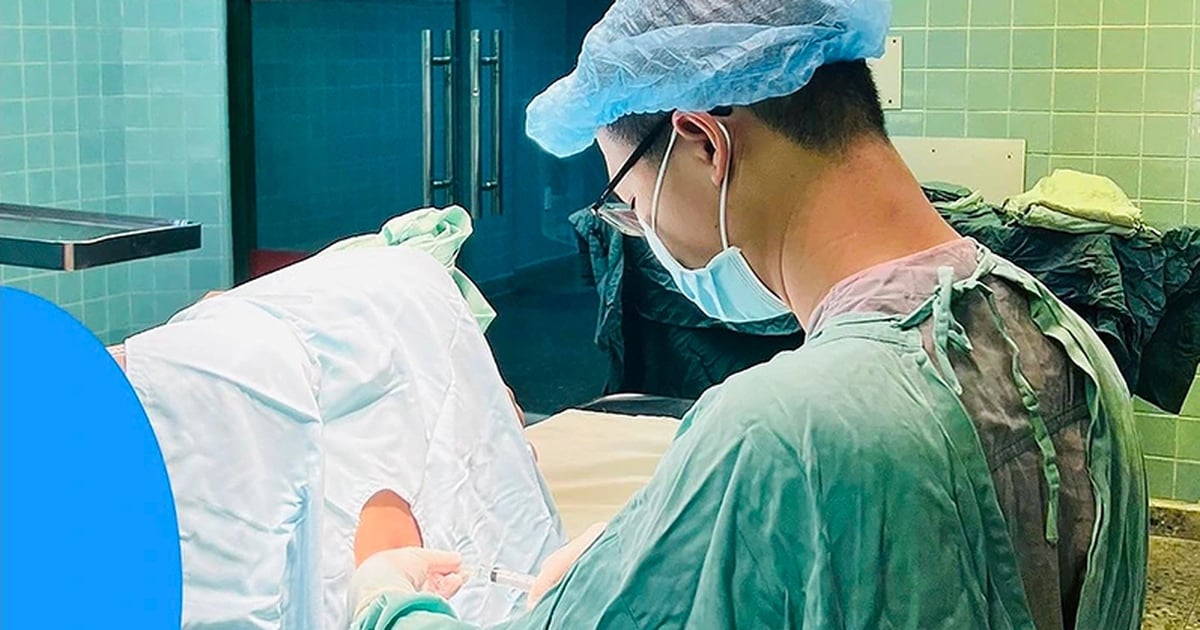


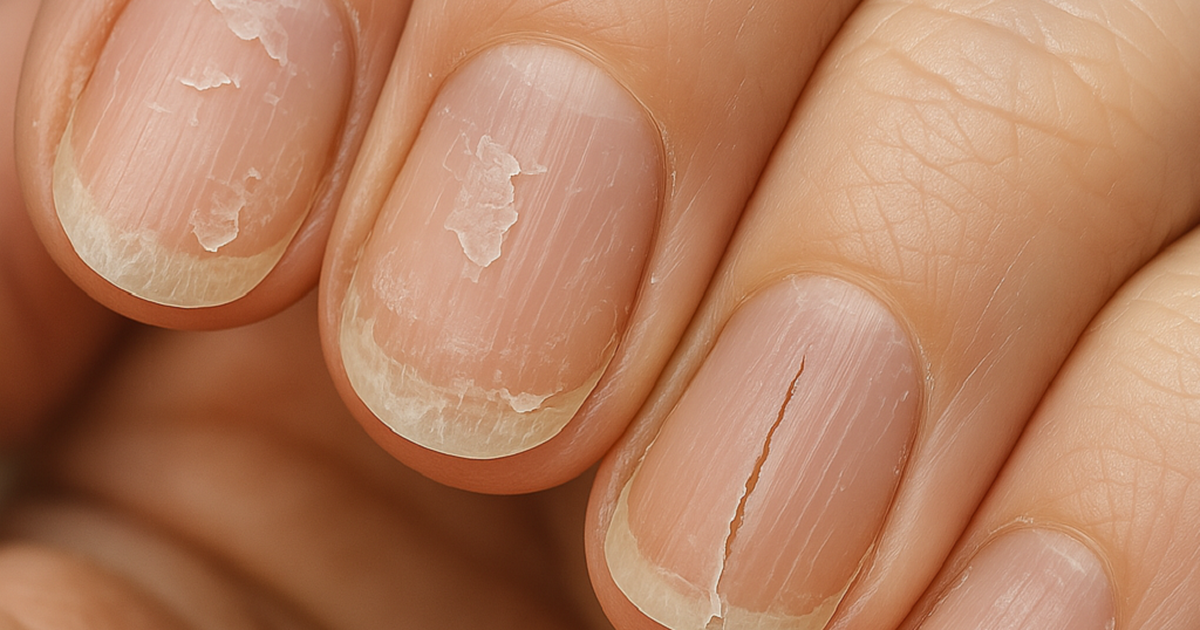
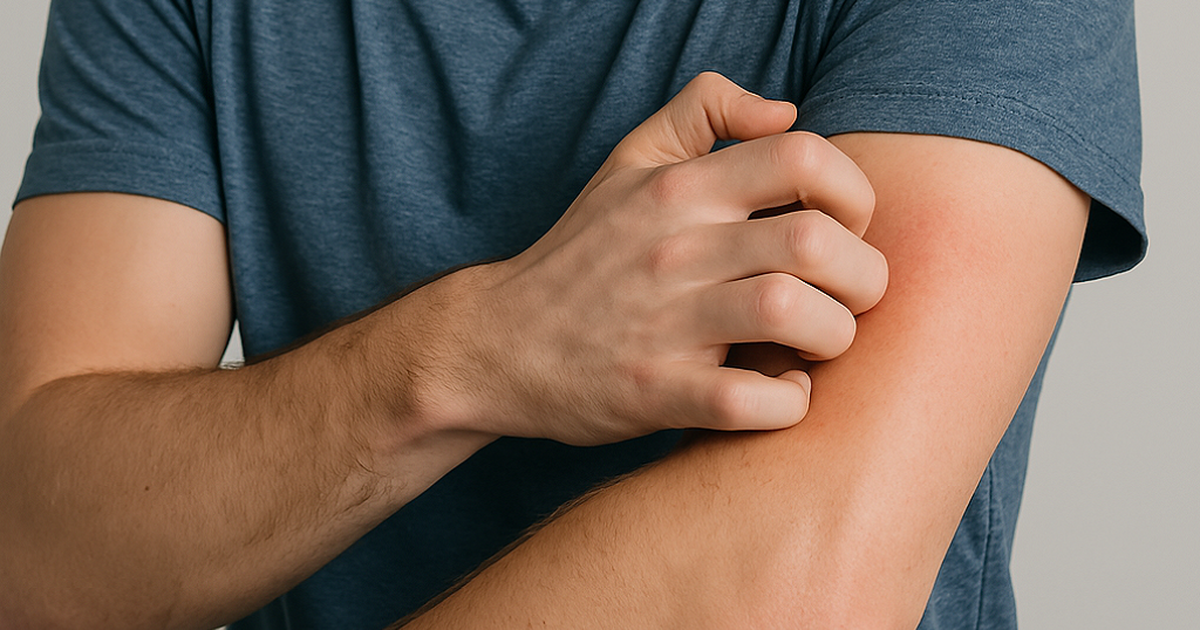


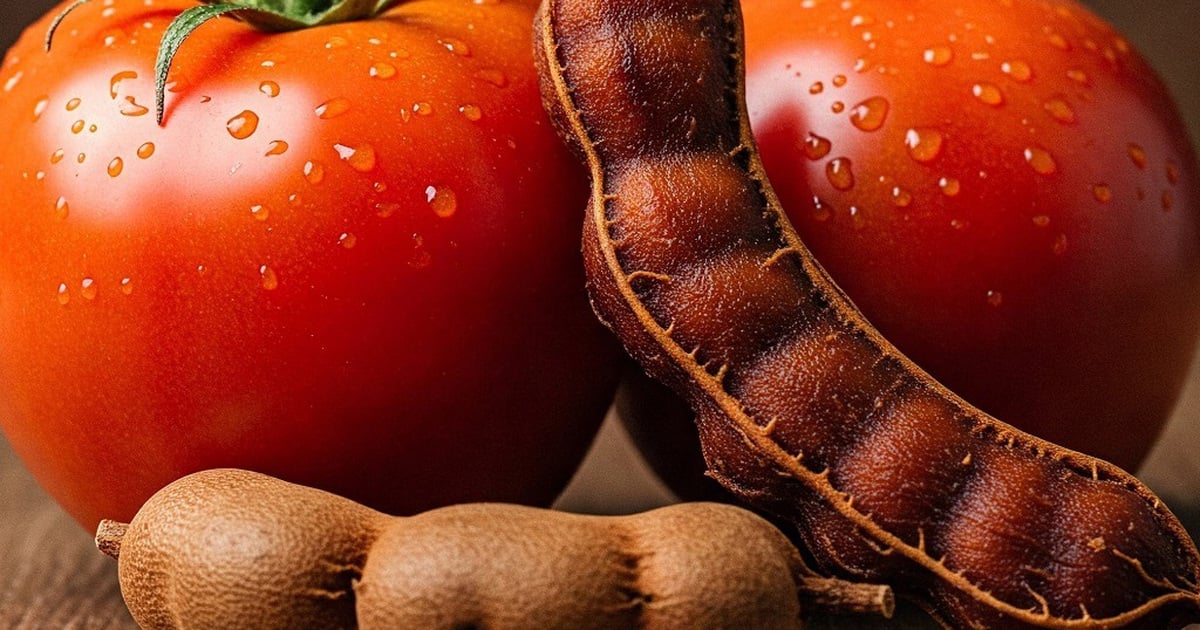































































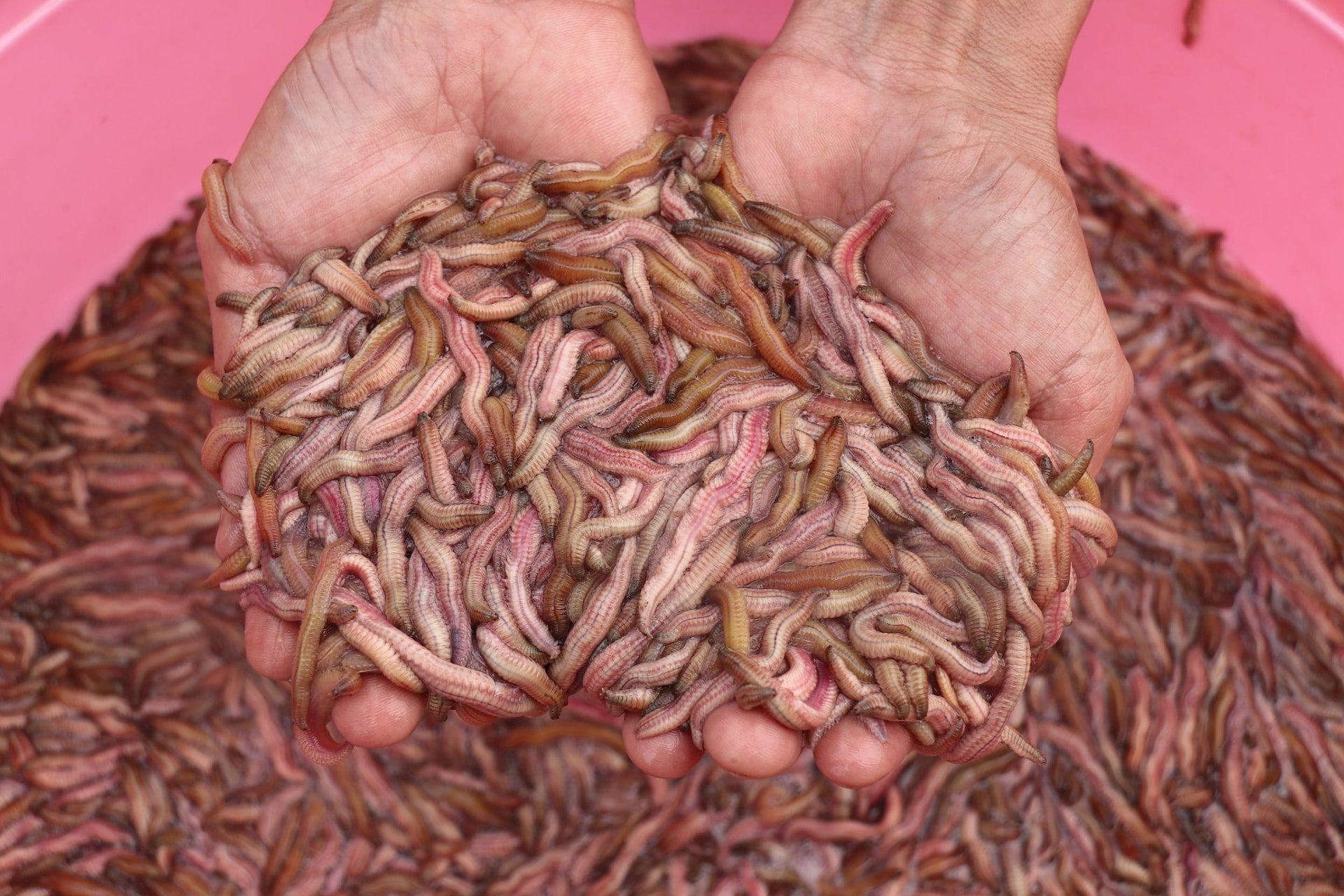
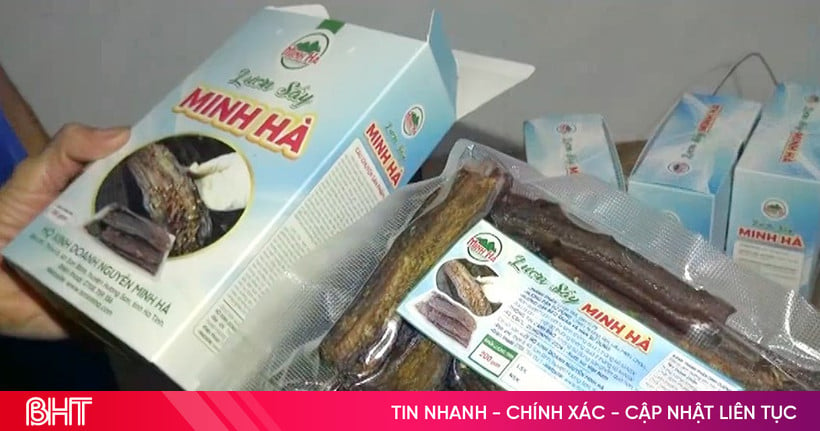

Comment (0)